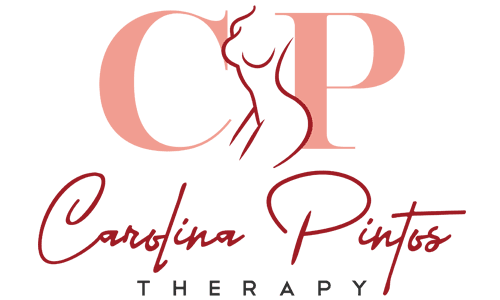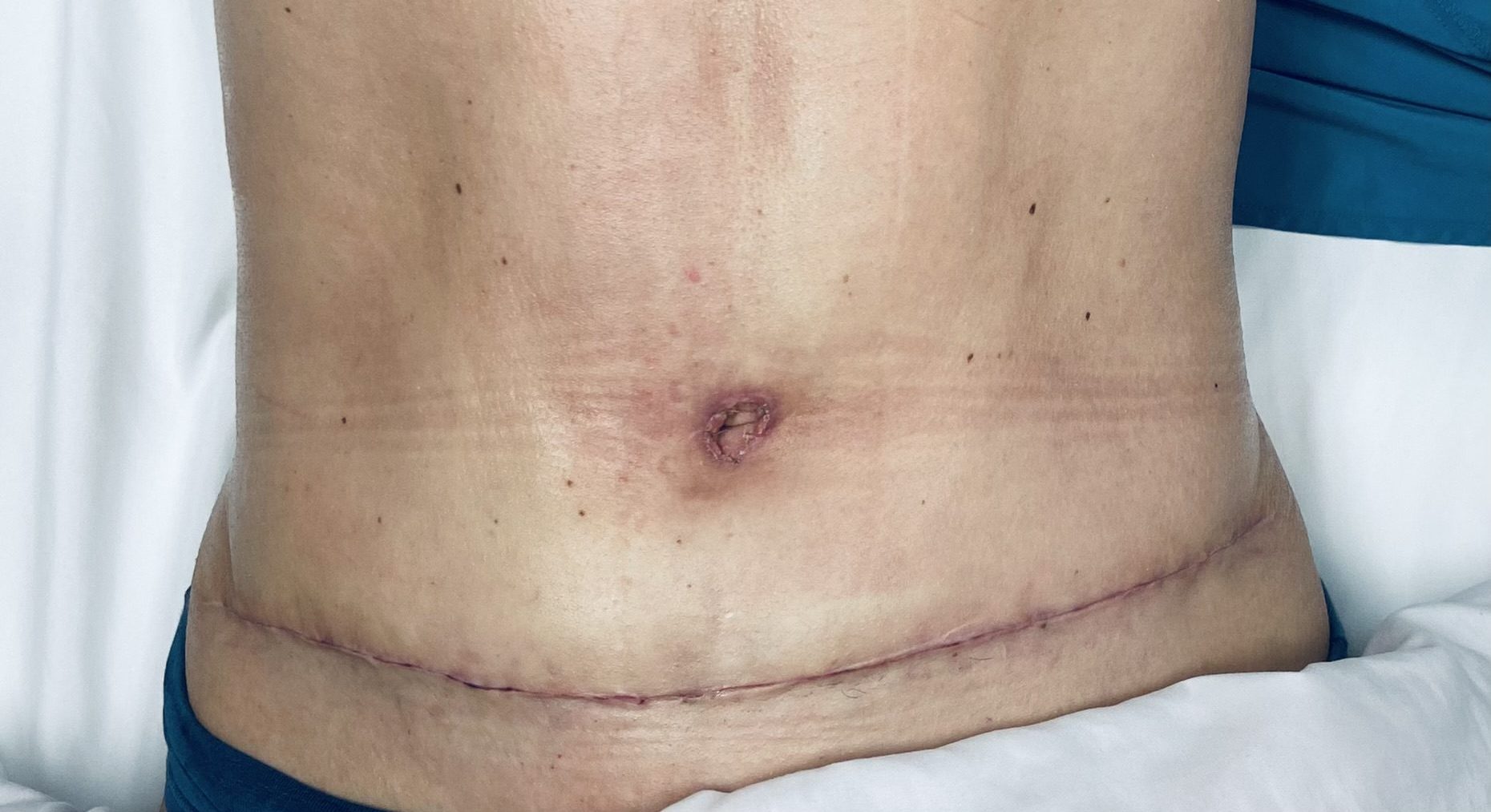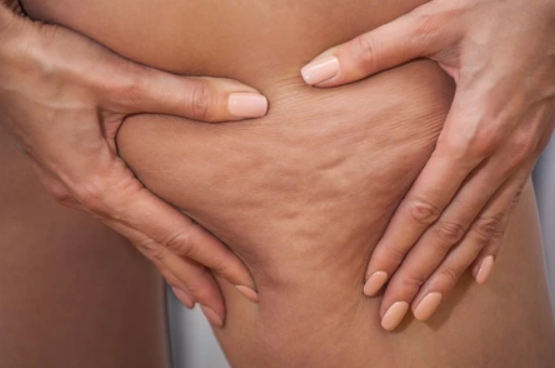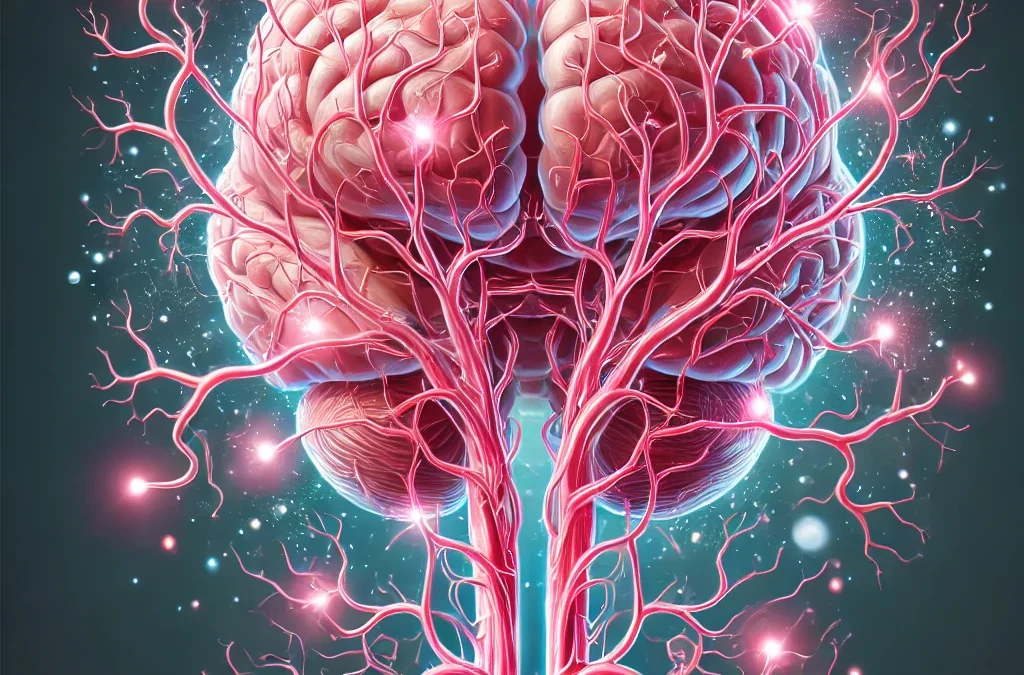Recovering from cosmetic surgery can be a challenging process, but with the right care and support, you can speed up the healing process and ensure optimal results. Here are the top 10 things you can do to aid your recovery after cosmetic surgery:
1. Follow your surgeon’s instructions
Your surgeon will provide you with detailed instructions on what to do after your surgery. This may include information on how to care for your incisions, medications to take, potential signs of complications, and when to follow up with your surgeon. It’s crucial to follow these instructions to the letter to ensure a smooth recovery.
For example, your surgeon may instruct you to:
-
- Take your medications on time, as prescribed.
- Avoid strenuous activity for at least 2 weeks.
- Report any signs of infection, such as redness, swelling, or pain, to your surgeon immediately.
2. Rest and hydrate
Rest is essential for your body to heal. Make sure you get plenty of sleep and stay hydrated. Avoid strenuous activities and give your body the time it needs to recover.
It is recommended that you get at least 8 hours of sleep per night and drink plenty of fluids, such as water, juice, and clear broth.
3. Eat a healthy diet
A balanced diet rich in vitamins and minerals can help speed up the healing process. Focus on consuming lean proteins, fruits, vegetables, and whole grains. Avoid processed foods and excessive sugar.
It is recommended that you eat a variety of healthy foods, including:
-
- Lean protein, such as chicken, fish, or tofu
- Fruits and vegetables
- Whole grains
- Low-fat dairy products
4. Avoid alcohol and smoking
Alcohol and smoking can slow down the healing process and increase the risk of complications. It’s best to avoid these substances for a few weeks before and after surgery.
5. Wear appropriate clothing
After surgery, you may need to wear special garments to help reduce swelling and improve healing. Make sure to wear these as instructed by your surgeon.
For example, your surgeon may recommend that you wear a compression garment over your incisions to help reduce swelling.
6. Get a lymphatic massage
Lymphatic massage can help you reduce swelling and improve circulation after surgery. This type of massage helps to stimulate the lymphatic system, which helps to remove waste and toxins from the body.
7. Consider post-op treatments to prevent fibrosis and promote healing
Fibrosis, or the thickening and scarring of connective tissue, can occur after surgery. Treatments such as high-speed vibration technology, cupping, vacuum, Radio Frequency (RF), ultrasound cavitation, and kinesiology tape can help prevent fibrosis and promote healing. These treatments should be used as part of a comprehensive post-operative care plan, under the guidance of a healthcare professional.
8. Don’t stay sedentary too long
While rest is important, it’s also crucial not to stay sedentary for too long. Gentle movement, such as short walks around your home, can help to boost circulation and speed up the healing process. Always follow your surgeon’s advice on when and how much activity is appropriate.
9. Manage stress levels
Stress can slow down the healing process and negatively impact your recovery. Find ways to manage stress, such as meditation, deep breathing exercises, or listening to calming music. It’s also helpful to have a strong support system in place, so don’t hesitate to reach out to friends and family for help during your recovery.
10. Have regular follow-ups with your surgeon
Regular follow-ups with your surgeon are crucial to monitor your healing progress and address any concerns promptly. Never hesitate to reach out to your surgeon if you have any questions or concerns.
Conclusion
Recovering from cosmetic surgery requires patience and proper care. By following these tips, you can ensure a smoother recovery process and enjoy the results of your procedure sooner. Always consult with your healthcare provider or surgeon if you have any concerns during your recovery.
Sources
- “Manual Lymphatic Drainage and Active Exercise Effects on Lymphatic Function Do Not Translate Into Morbid Obesity Management” – This study discusses the benefits of lymphatic massage in managing obesity, which can be extrapolated to its benefits in post-surgery recovery. Link to the study
- “Postoperative care in the patient undergoing lung resection” – This paper provides insights into the importance of postoperative care, including the role of physiotherapy and exercise in recovery. Link to the study
- “Cardiac and Vascular Surgery–Associated Acute Kidney Injury: The 20th International Consensus Conference of the ADQI (Acute Disease Quality Initiative) Group” – This study discusses the importance of proper care and management after cardiac and vascular surgery, which can be applied to cosmetic surgery recovery. Link to the study
- “Nasal carriage of Staphylococcus aureus: epidemiology, underlying mechanisms, and associated risks” – This paper discusses the risks associated with Staphylococcus aureus, a common bacteria that can cause infections after surgery. Link to the study
- “Management of Acute Kidney Injury: Core Curriculum 2018” – This paper discusses the management of acute kidney injury, a potential complication after surgery. Link to the study
This writing is the original and exclusive property of Carolina Pintos and is protected under copyright law. Unauthorized use of the same without the express consent of Carolina Pintos will be subject to prosecution under applicable laws.






